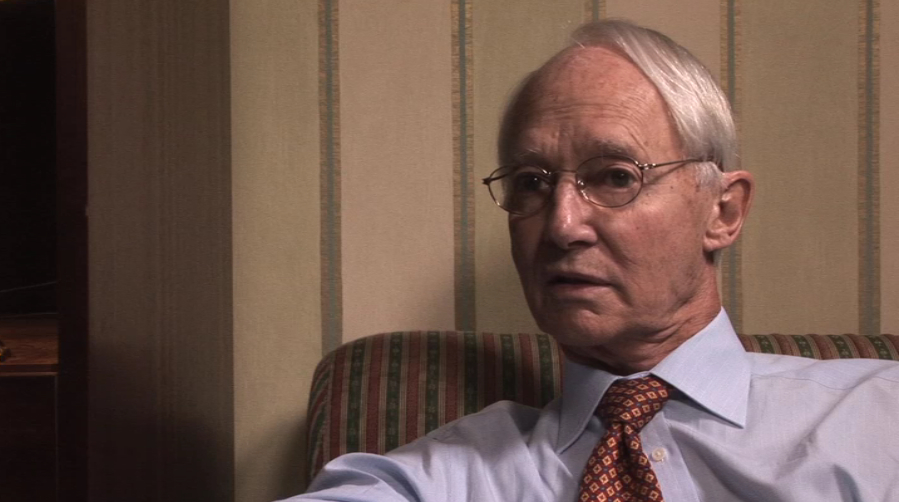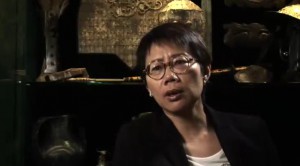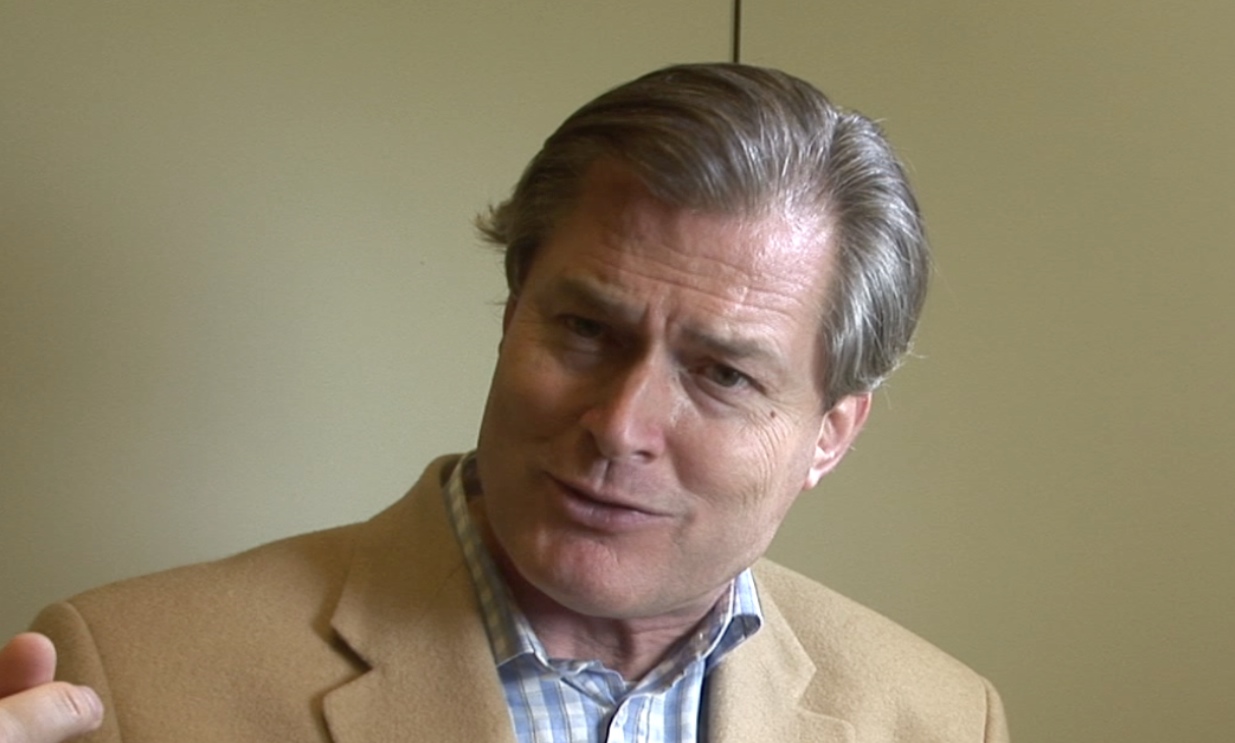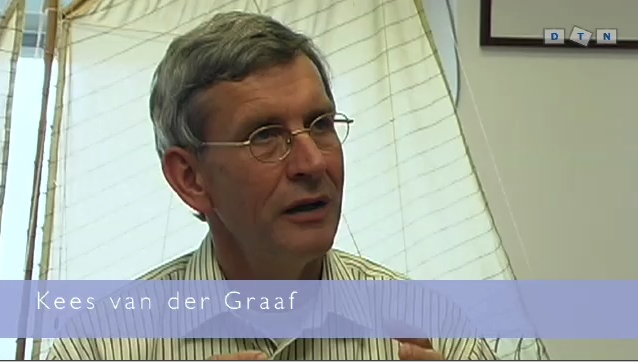Prince Carlos Hugo de Bourbon de Parme – Innovator and Professor at Harvard School of Economics
______________________________________________________________________________________________________________________________________________________
James Hansen – Director NASA Goddard Institute for Space Studies
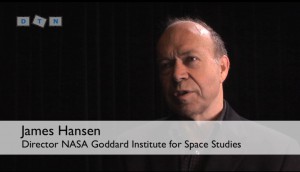 Climate change and future generations
Climate change and future generations
______________________________________________________________________________________________________________________________________________________
James Lovelock – Independent scientist, environmentalist, futurologist
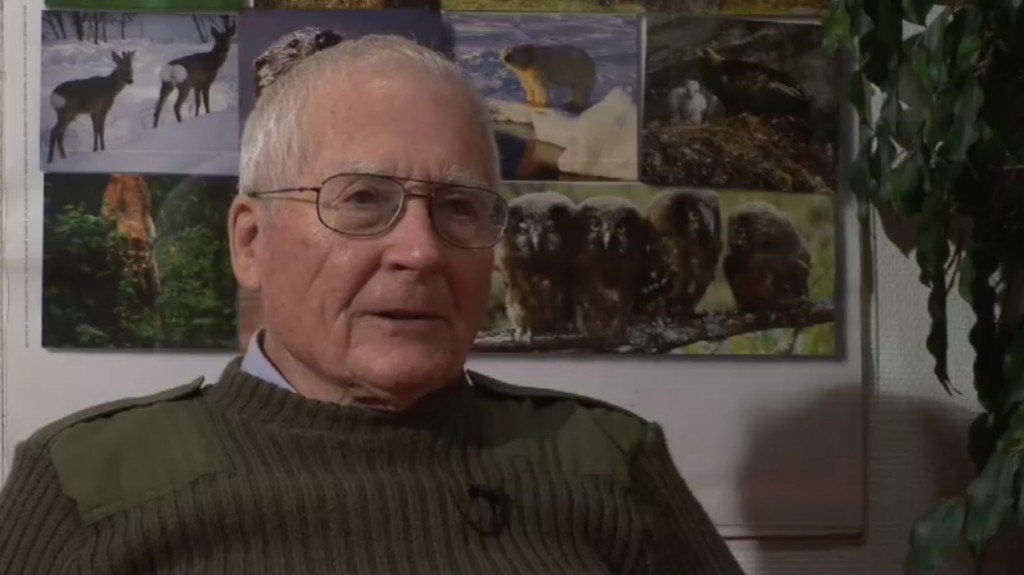
He is best known for proposing the Gaia hypothesis, which postulates that the biosphere is a self-regulating entity with the capacity to keep our planet healthy by controlling the chemical and physical environment.
______________________________________________________________________________________________________________________________________________________
Christine Loh – Founder and CEO of Civic Exchange – Hong Kong
Leaders should make informed decisions.
Paying for what we do not use.
Pay for efficiency, pay for less waste.
Pay for outcome, not consumerism.
“We don’t need business travel because technology allows us to have virtual meetings”
______________________________________________________________________________________________________________________________________________________
Gunter Pauli – Enterpeneur – Writer of “The Blue Economy”
______________________________________________________________________________________________________________________________________________________
Yvo de Boer – Head of the UN Climate Bureau (UNFCCC)
Invest in the future or invest in legacy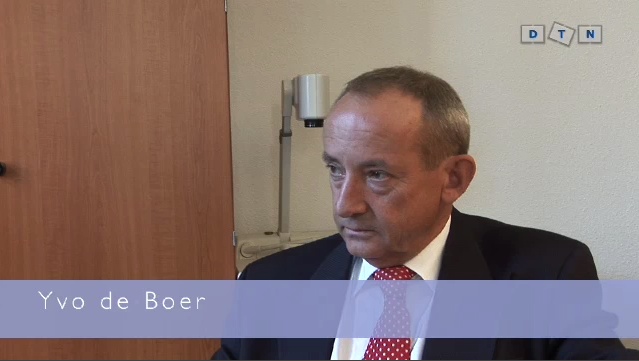
“The most important challenge is not to focus on how to manage the threats of today. I think the challenge is far more to see how you can grasp the opportunities of the future.” Yvo de Boer argues that sustainability issues should be addressed in terms of a framework of fifty years into the future. Since investments last for decades, it is very important to look not only at their impacts in the near future, but also at their effects over the lifetime of the investment.
______________________________________________________________________________________________________________________________________________________
Kees van der Graaf – CEO Unilever Europe – The Netherlands
“Do we give our children the example, for the difference we can make?” Kees van der Graaf is worried. People in Holland don’t seem to want to invest time and effort in developing themselves and the community they are part of. But can we blame them? After all, a lot of opportunity for making a difference in the world, has been lost by the generation in power: enough opportunities for setting the right example, making the world a better place, and making some money in the process.
Social responsibility of business
“If you are aware, as a multinational, of the footprint you leave behind, and you care about that footprint, than I don’t think there is an issue”. If a multinational doesn’t act in a sustainable way, it creates its own problems in the future. Kees van der Graaf gives the example of Unilever changing its fishing policies to make sure they won’t be the cause of lack of fish in the sea, which would put them out of business in an important area as well.
______________________________________________________________________________________________________________________________________________________
Jorgen Randers – Co-author of ‘The limits to growth’ (Club of Rome) – Norway
Technology exists for CO2-free energy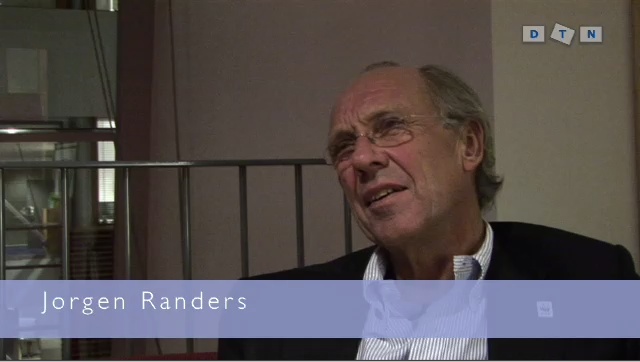
“The technologies already largely exist that will reduce the CO2 emissions from high income countries, without lowering the economic level significantly”. According to Jørgen Randers, the current problems with global warming, in terms of CO2 emissions, are highly solvable. If we combine existing technology in the right way, we can solve CO2 emissions without burdening the economy beyond what it can carry.


